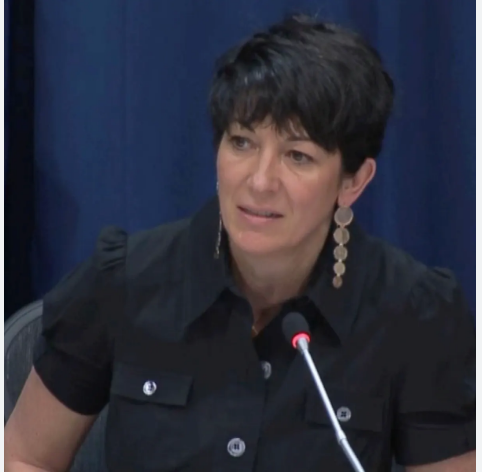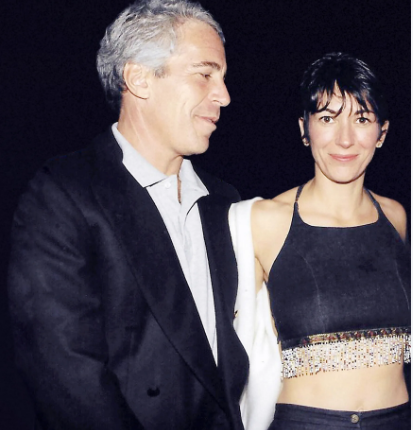In Texas and beyond, the unsealing of documents related to Ghislaine Maxwell’s civil case has given rise to a wave of misinformation and conspiracy theories, particularly among far-right groups. These documents, originating from a 2015 defamation suit brought by Jeffrey Epstein accuser Virginia Giuffre, have become a focal point for those seeking to validate their unfounded claims about a secret pedophile cabal involving prominent Democrats.
The fixation on the Epstein case among far-right conspiracy theorists has long been evident. However, the recent release of these court documents has intensified this obsession. Many in these circles view the redacted names in the Maxwell case documents as potential evidence supporting their conspiracy theories. This perspective, however, often overlooks key legal nuances and the nature of the information contained within these documents.

It is crucial to understand that the appearance of names in the Maxwell case documents does not automatically imply criminal wrongdoing. Legal documents, especially those pertaining to cases of this nature, often contain names for various reasons. Some of the redacted individuals are alleged victims of abuse, and their inclusion in the documents is part of the broader legal proceedings, not an indication of their involvement in criminal activities.
Despite the lack of conclusive evidence, high-profile conspiracy promoters, particularly in Texas, have been quick to spin the narrative in favor of Republicans and Donald Trump. They attempt to leverage the unsealing of these documents to reinforce their baseless allegations, ignoring the fact that the documents do not provide clear evidence about Trump’s relationship with Epstein.
The misinterpretation of the Maxwell case documents by these far-right groups highlights a broader issue of misinformation and the challenges in combating it. The eagerness to confirm preconceived notions often leads to a disregard for the factual accuracy and context of legal documents. This tendency is not only misleading but also potentially harmful, as it can detract from the real issues at hand, such as the seriousness of the allegations against Epstein and Maxwell and the importance of justice for the victims.
Read More:
- United States Verizon’s $100 Million Settlement: Compensation for Customers Over Administrative Charges
- Public Input Sought on Proposal to Expand Texas Aransas National Wildlife Refuge by 95,000 Acres
- Political Headwinds in Florida Governor DeSantis Faces Challenges Ahead of Legislative Session
The recent developments in the Epstein case, particularly the unsealing of documents from Maxwell’s civil case, have become a breeding ground for conspiracy theories and misinformation among far-right groups in Texas. The misrepresentation of these legal documents underscores the need for careful, critical analysis and a commitment to factual accuracy in discussing and interpreting high-profile legal cases. As the story continues to unfold, it is essential to stay grounded in reality and avoid jumping to conclusions without a thorough understanding of the legal context.

